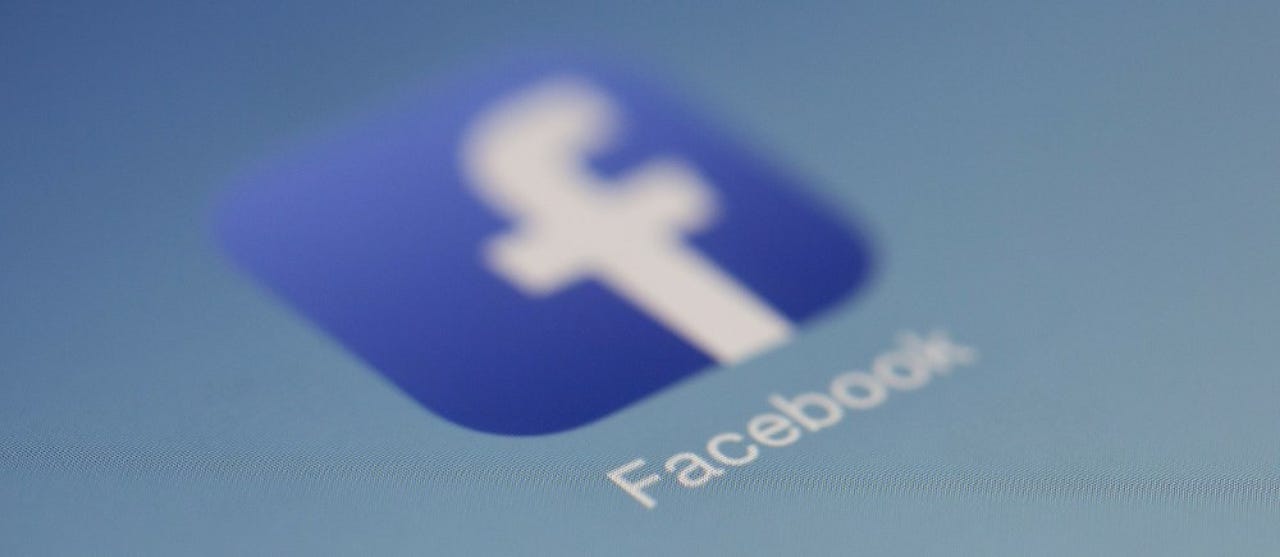Facebook beats Q3 earnings expectations but user growth remains tepid


Facebook published its third quarter financial results on Tuesday, publishing earnings that beat market expectations with revenue falling short. Daily active users in Facebook's most valuable markets remained effectively flat .
The social media giant reported diluted earnings per share of $1.76 on revenue of $13.727 billion.
Analysts were expecting earnings of $1.47 per share on revenue of $13.78 billion.
Also: Nicolas Cage: 'I hate social media' CNET
Daily active users (DAUs) on average came to 1.49 billion on average for September 2018, an increase of 9 percent year-over-year. Monthly active users (MAUs) were 2.27 billion as of September 30, 2018, an increase of 10 percent year-over-year.
Tech Earnings
In the US and Canada, DAUs were flat compared to the prior quarter, at 185 million. In Europe, DAUs ticked down quarter-over-quarter from 279 million to 278 million.
MAUs in the US and Canada came to 242 million, up from 241 million last quarter. In Europe, MAUs fell from 376 million to 375 million.
Last quarter, Facebook's stock declined by more than 20 percent after the company announced stalled growth in those key markets.
Facebook stressed the breadth of its services, which include Facebook, WhatsApp, Instagram and Messenger. More than 2.6 billion people now use at least one its services each month, and more than 2 billion people use at least one every day on average.
Mobile advertising revenue in Q3 represented approximately 92 percent of advertising revenue for the third quarter of 2018, up from approximately 88 percent of advertising revenue in the third quarter of 2017.
Also: Instagram IGTV: 3 ways businesses can use it TechRepublic
In a statement, CEO Mark Zuckerberg stressed the features and services that could create new revenue opportunities.
"Our community and business continue to grow quickly, and now more than 2 billion people use at least one of our services every day," Zuckerberg said. "We're building the best services for private messaging and stories, and there are huge opportunities ahead in video and commerce as well."
In a conference call Tuesday, Zuckerberg said that messaging and stories now account for the vast majority of growth in sharing that Facebook sees. Stories have taken off in Instagram and Whatsapp, but when it comes to the flagship Facebook app, "the effort to move from newsfeed first to stories first hasn't been as smooth as I'd hoped," Zuckerberg said.
Still, he said, Facebook stories "will be in a better position soon." Meanwhile, developing ads for stories "will take some time," he said.
It took time for advertisers to understand how to leverage the Facebook newsfeed, COO Sheryl Sandberg said, noting that a video ad on Facebook is not the same as a television ad.
"Stories is a new format," she said. "Again, that's a new muscle for advertisers."
Social media cannot be trusted without these features
Previous and related coverage:
Twitter brings back chronological timelines
Some Twitter users have complained about seeing "the best" tweets in a Facebook-style timeline and want to return to the old days when they were in chronological order. Twitter now offers that option, and plans to make it easier to switch between the two views..
How to remove bots and trolls and clean up your Twitter feed in seconds
Some simple changes to your Twitter account settings instantly removes most of the bots and trolls and anything else you don't want from your feed, which results in a much more pleasant experience.
Facebook's latest headache: How to spot "deep fake" videos
Facebook is facing an uphill battle automating the detection of misinformation in photos and videos.
Data firm leaks 48 million user profiles it scraped from Facebook, LinkedIn, others
Exclusive: Profile data was scraped without user consent or knowledge to "build a three-dimensional picture" on millions of people.